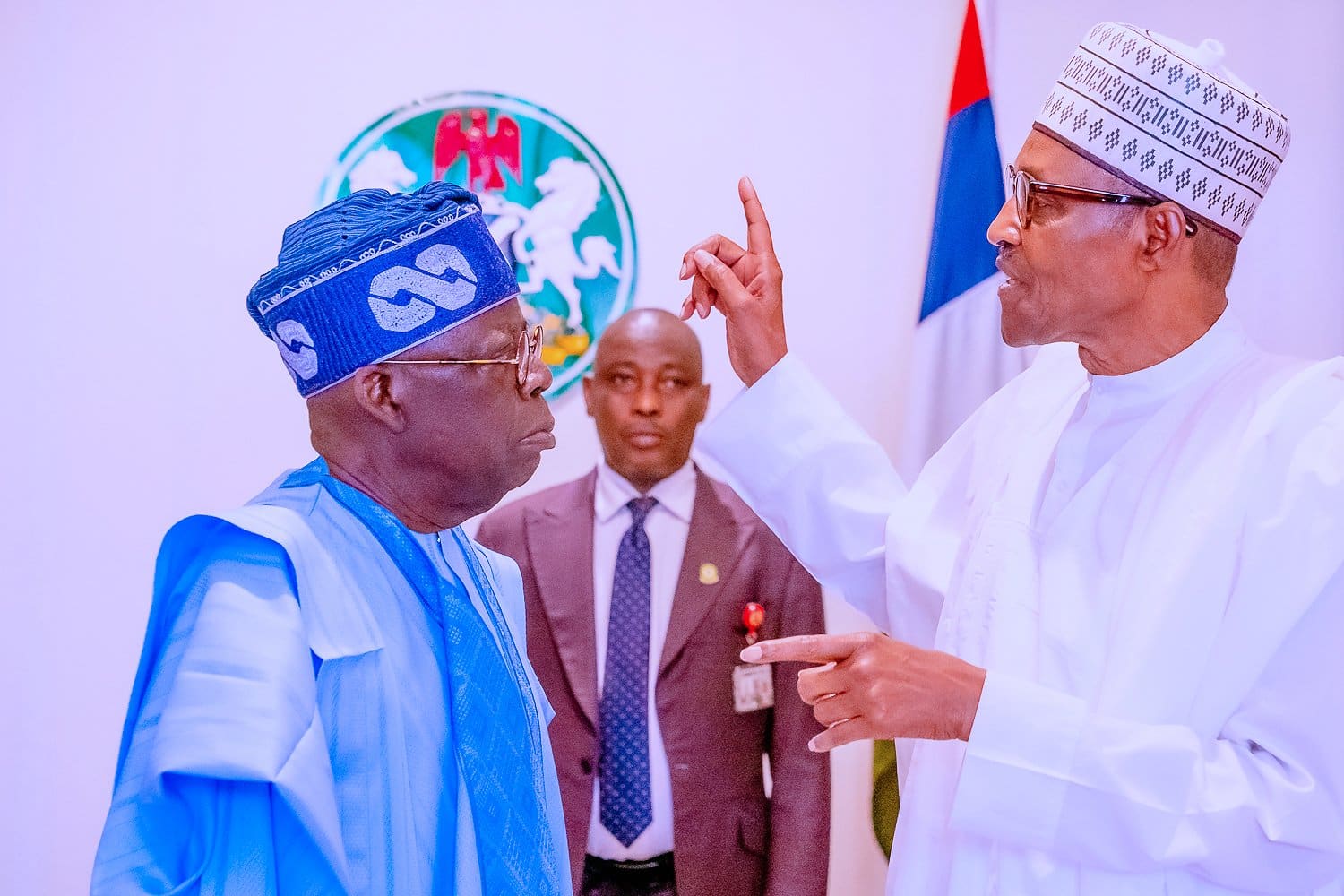ARTICLE AD
The World Bank has partnered with DO Take Action, a leading non-profit startup focused on sustainable development in Africa, to launch a groundbreaking initiative aimed at empowering women entrepreneurs in Nigeria.
Precious Ebere, Co-Founder of DO Take Action, disclosed this in a statement on Thursday.
She said the Scaling Women’s Economic Empowerment Through Affirmative Procurement Reforms training programme was officially unveiled on 16 July 2024, in Abuja.
“This initiative comes in response to the significant barriers faced by women-owned and women-led businesses in accessing public procurement opportunities,” Ebere said.
“Despite owning 40 per cent of businesses in Nigeria, women remain underrepresented in public procurement, which is critical for economic growth,” she added.
According to the Nigerian Bureau of Statistics, public procurement accounts for 10-25 per cent of Nigeria’s Gross Domestic Product and nearly 50 per cent of government expenditure in sub-Saharan Africa.
However, Ebere said women-led businesses continue to receive a disproportionately small share of these contracts.
She noted that the SWEEP programme aims to rectify this imbalance by implementing affirmative procurement policies that promote gender equality.
Ebere elaborated on the programme’s objectives, stating, “The SWEEP programme is designed to increase the participation of women’s small and medium-sized enterprises in public procurement. By enhancing the capacity of women-owned and -led businesses, we can empower them to compete more effectively in both public and private markets.”
She added that the SWEEP initiative will provide targeted training in business skills, financial management, and procurement processes.
Additionally, it seeks to formalise and register women-led businesses to enhance their participation in public procurement. The programme is expected to directly benefit over 600 women-led businesses across three cohorts, with the first training phase set to begin on 1 November 2024.
“By fostering awareness among private sector leaders about gender-responsive procurement practices, we aim to strengthen the capacity of public institutions to implement these policies effectively,” Ebere stated.
She assured that the programme will offer a hybrid learning mode, combining both in-person and online instruction over one month. Women entrepreneurs in Abuja are encouraged to register for this transformative opportunity.
The SWEEP initiative is expected to yield significant outcomes, including increased access to procurement contracts for women-led businesses, greater visibility in the marketplace, and broader positive impacts on economic empowerment, education, and poverty alleviation.
“SWEEP aligns with the World Bank’s economic development plan and will contribute to a more dynamic and inclusive economic environment in Abuja,” she said

 3 weeks ago
14
3 weeks ago
14 

